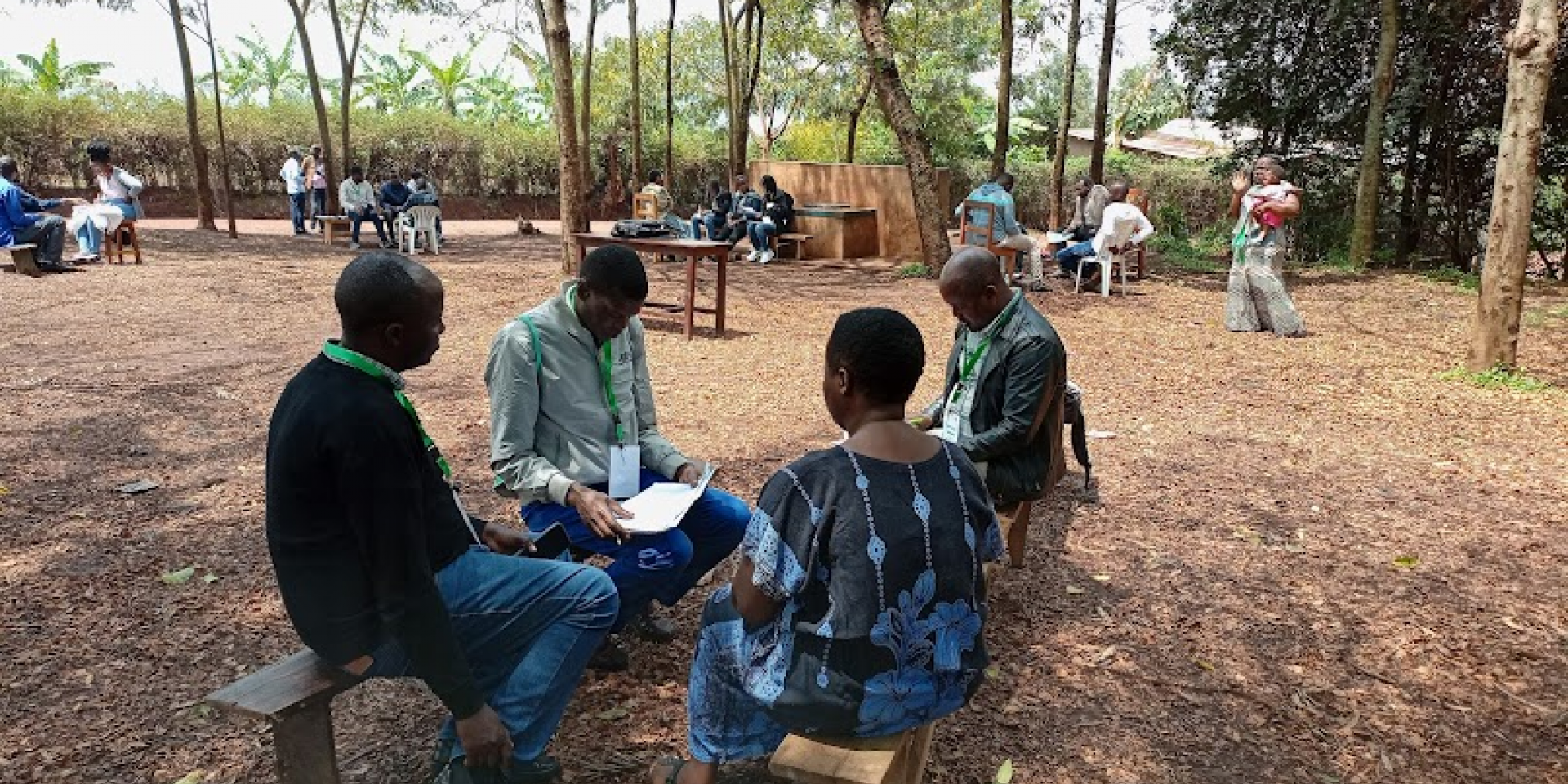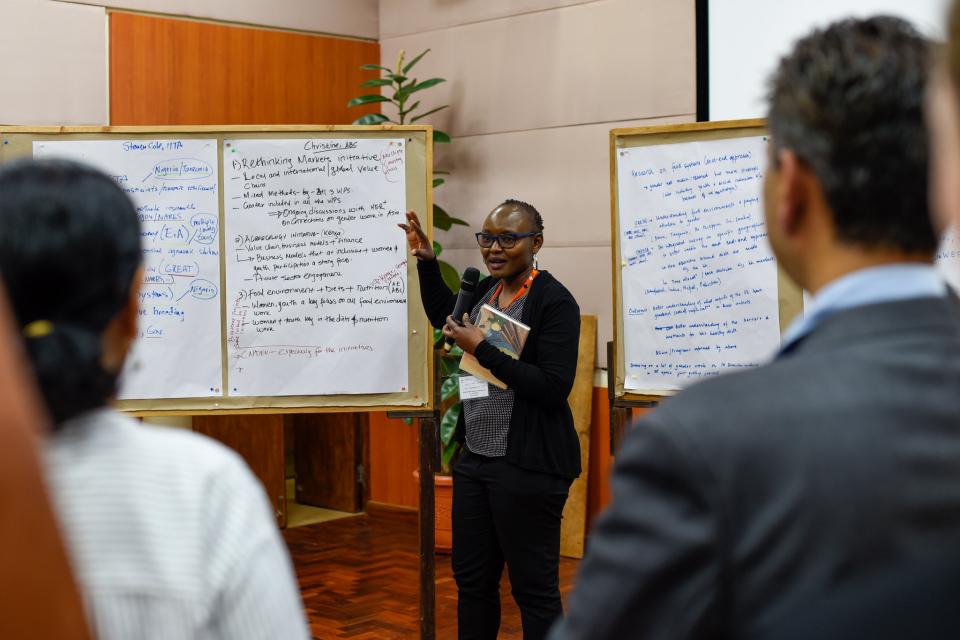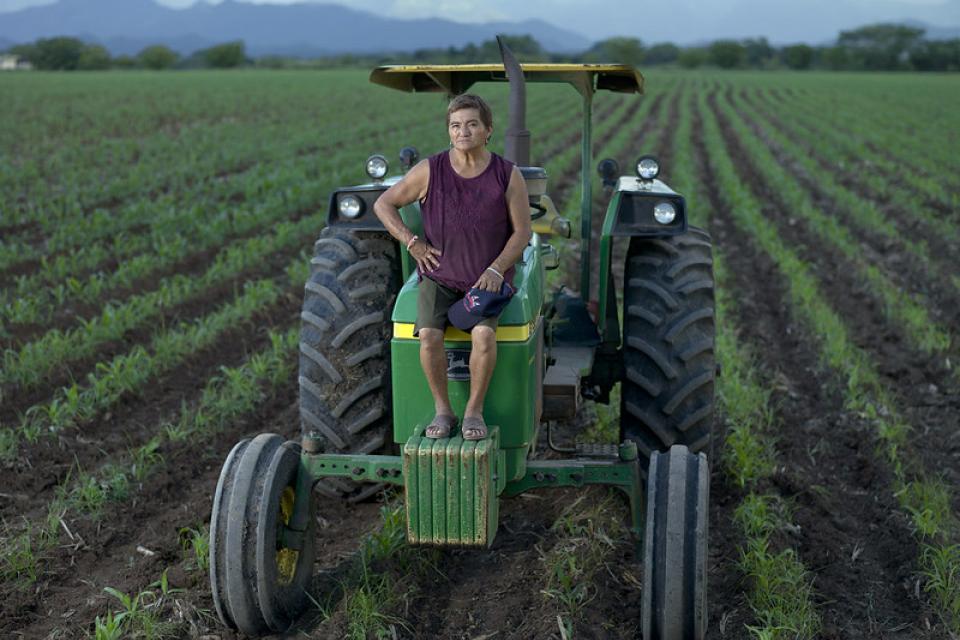GREAT training accelerates CGIAR’s efforts for equitable and sustainable agronomic outcomes

Participant teams during fieldwork to test gender and youth diagnostic tools.
The CGIAR’s Excellence in Agronomy (EiA) initiative has an ambitious aim: to deliver agronomic gain for millions of smallholder farming households in prioritized farming systems, with an emphasis on impact for women and young farmers, by 2030.
This year, EiA partnered with GREAT to deliver gender- and youth-responsive training to Use Case teams and partners. The objective of the training was to enhance the ability of Use Case teams and partners to integrate gender and youth considerations in their workflows for more equitable and sustainable agronomic outcomes. This would help to catalyze the EiA initiative work to conduct both gender-integrated and gender-strategic research to inform the design and validation of gender- and youth-responsive agronomic solutions; and implement transformative approaches alongside these solutions to address the underlying causes of productivity gaps, for over 20 million women and 10 million youth families. The GREAT training supports EiA’s efforts as it works to show a measurable impact on food and nutrition security, income, resource use, soil health, climate resilience, and climate change mitigation.
The training took place from February 27-March 4 in Kigali, Rwanda, and was attended by 23 participants drawn from EiA project teams and partners from 11 countries working on 13 Use Cases. It was facilitated by GREAT trainers from Makerere University and guest trainers from Bioversity International and CIAT, and led by Margaret Najjingo Mangheni, GREAT Co-PI at Makerere University.

